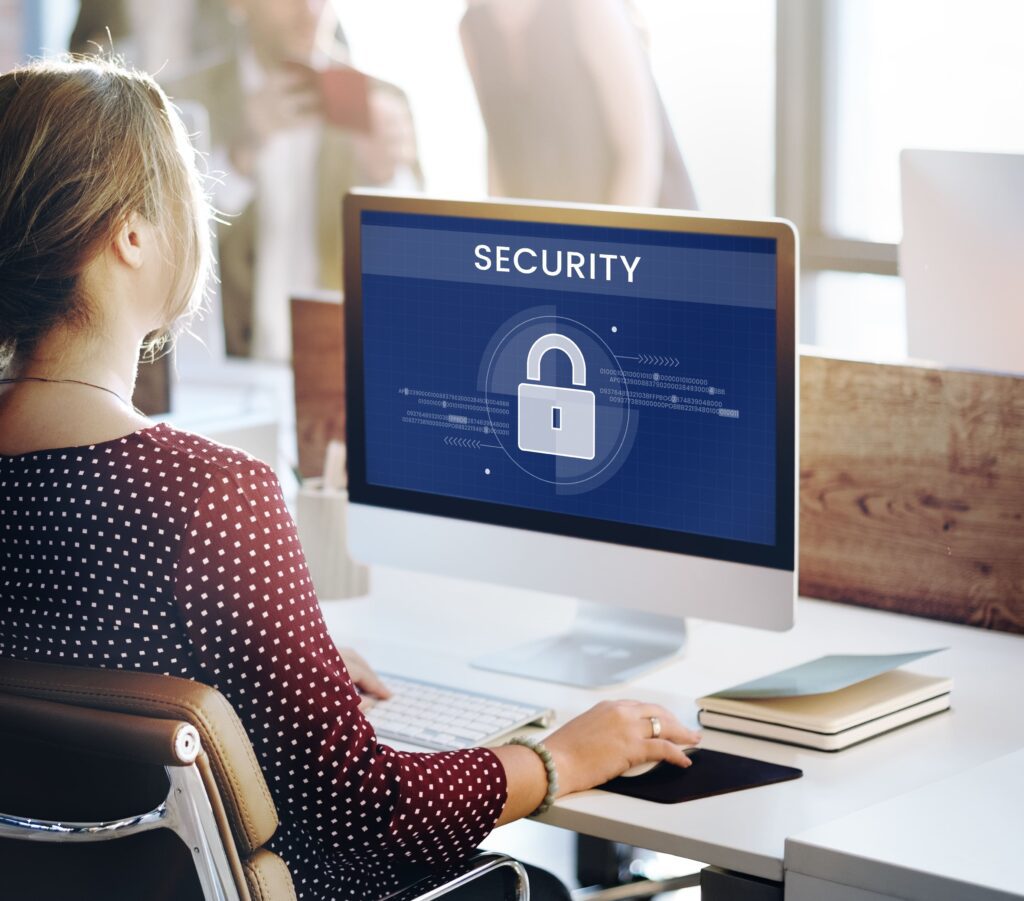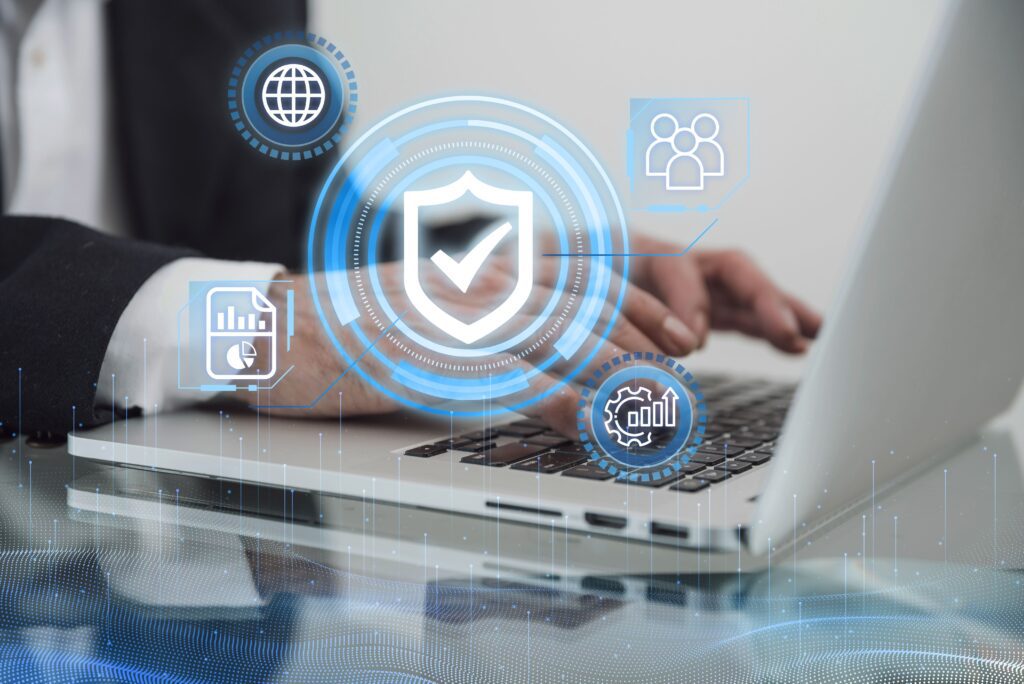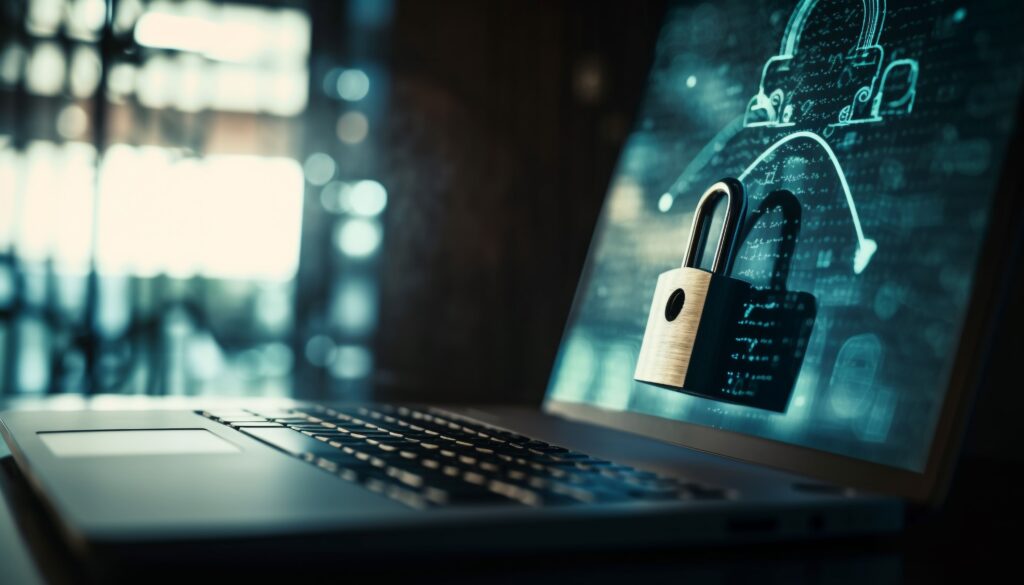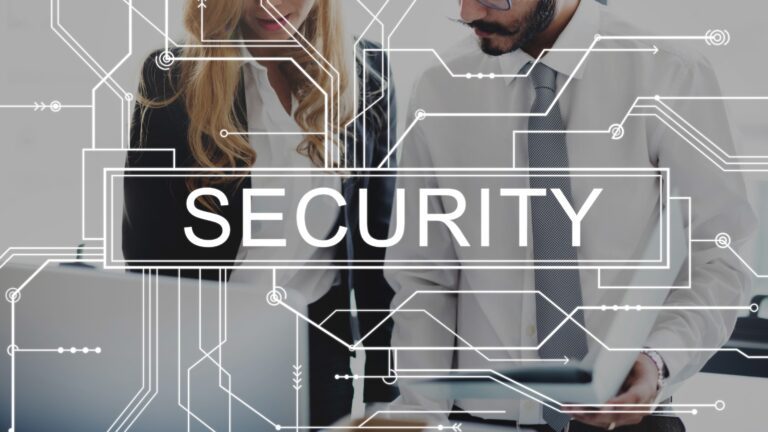The Internet for Fun Zone?
Ah, the Internet Safety – a place where you can find just about anything your heart desires, from cute cat videos to in-depth articles on quantum physics. But with great power comes great responsibility, and it’s important to remember that the internet isn’t always a safe space. Just like the Wild West, it can be a lawless frontier filled with all sorts of dangers and pitfalls. But fear not, intrepid traveler, for with a little know-how and a healthy dose of caution, you can navigate these digital waters like a pro
Sharing Too Much Information Online
Let’s kick things off with a golden rule of internet safety: TMI, or “too much information,” is never a good thing. Sure, it might be tempting to share every detail of your life with the world, but oversharing can leave you vulnerable to all sorts of risks, from identity theft to cyberbullying. So, before you hit that “post” button, ask yourself: is this something I want the whole world to know?
Be Careful Who You Chat With Online
Remember the adage about not talking to strangers? Well, the same rule applies online – maybe even more so. While the internet has made it easier than ever to connect with people from all walks of life, it’s also made it easier for unsavory characters to lurk in the shadows. So, before you start chatting with that friendly stranger in the chat room, take a moment to pause and consider whether they’re who they say they are.
How to Create Strong Passwords (and Remember Them!)
Aha, passwords – privacy of your digital existence. We all know we’re supposed to use them, but coming up with a strong password that we can remember is easier said than done. So, what’s a netizen to do? Well, fear not, dear reader, for we’re here to help. Instead of relying on those tired old passwords like “123456” or “password,” why not opt for a passphrase instead? Think of a memorable phrase or sentence and use the first letter of each word to create your password.
Avoiding Scams and Shady Websites
Picture this: you receive an email from your bank asking you to confirm your account details. Seems legit, right? Wrong! It’s probably a phishing scam, designed to trick you into handing over your personal information to cybercriminals. So, before you click on any links or download any attachments, take a moment to scrutinize the email. Does it look suspicious? Is the sender’s email address spelled correctly? When in doubt, it’s always best to err on the side of caution and contact the company directly to verify the email’s authenticity.
Is This File Safe to Open?
We’ve all been there – you stumble across a website offering a free download of that movie or album you’ve been dying to see/hear, but something doesn’t feel quite right. Is it safe to click “download,” or are you about to unleash a digital nightmare onto your unsuspecting computer? When it comes to downloading files from the internet, it’s always best to err on the side of caution. Stick to reputable websites and avoid downloading anything from sources you don’t trust.
Keeping Your Accounts Private
Ah, social media – the ultimate double-edged sword. On the one hand, it’s a great way to stay connected with friends and family, share photos and updates, and even network with like-minded individuals. On the other hand, it’s a breeding ground for all sorts of privacy concerns, from oversharing to data mining. Start by reviewing your privacy settings and adjusting them to your comfort level. Only share information with people you know and trust, and think twice before posting anything that could come back to haunt you later.
Privacy Paradox: Do You Want Everyone to See That?
Let’s talk about privacy for a moment, shall we? In the age of social media and oversharing, it’s easy to forget that not everything needs to be broadcast to the world. Sure, that selfie might get you a few likes, but is it worth sacrificing your privacy for? Before you hit that “post” button, ask yourself whether you’re comfortable with the whole world seeing what you’re about to share.
The Power of “No”: Setting Boundaries Online
Here’s a revolutionary concept for you: it’s okay to say “no” online. Whether it’s refusing to share your personal information with a sketchy website or declining to engage with that troll in the comments section, setting boundaries is an essential part of staying safe and sane in the digital age. So, don’t be afraid to assert yourself and stand up for your digital rights – after all, it’s your online life, and you have the power to control it.
Cyberbullying Blues: What to Do If You’re Targeted
Let’s face it – the internet can be a cruel and unforgiving place, especially when it comes to cyberbullying. Whether you’re on the receiving end of hurtful comments, nasty messages, or even threats of violence, being targeted by cyberbullies can take a serious toll on your mental health and well-being. Reach out to someone you trust for support, whether it’s a friend, family member, or mental health professional. And remember, you have the power to block, mute, and report anyone who’s making your online experience a living hell.
Spotting Fake News Online
In today’s hyper-connected world, it’s easier than ever to spread misinformation – and unfortunately, fake news is everywhere. From doctored photos to out-of-context quotes, it can be difficult to separate fact from fiction online. So, how can you tell if that viral news story is the real deal or just another internet hoax? Start by checking the source – is it a reputable news outlet, or some random website you’ve never heard of? Look for corroborating evidence from other sources, and always consider the source’s credibility before sharing anything online.
Beware of Online Bubbles
One of the pitfalls of the internet age is the echo chamber effect – the tendency to surround ourselves with people who share our beliefs and opinions, thus reinforcing our own biases. While it’s natural to seek out like-minded individuals, it’s important to remember that exposure to diverse viewpoints is essential for critical thinking and personal growth. So, don’t be afraid to venture outside of your comfort zone and engage with people who challenge your assumptions – you might just learn something new in the process.
Taking a Break from the Screen
Whether it’s our smartphones, tablets, or laptops, our digital devices have a way of sucking us in and never letting go. But spending too much time online can take a serious toll on our mental and physical health, leading to everything from eye strain to insomnia. So, why not give yourself permission to unplug and unwind every once in a while? Take a walk in nature, read a book, or spend some quality time with loved ones – your brain will thank you for it.

Who to Turn To for Help Online
In times of trouble, it’s important to know that you’re not alone. Whether you’re dealing with cyberbullying, identity theft, or just need someone to talk to, there are plenty of resources available to help you navigate the digital landscape. From online support groups to crisis hotlines, there’s no shortage of places to turn to for help and support. So, don’t be afraid to reach out – you deserve to feel safe and supported online.
Think Before You Click: Staying Safe on Public Wi-Fi
Public Wi-Fi – it’s convenient, it’s free, and it’s oh-so-tempting. But before you connect to that open network at your local coffee shop, take a moment to consider the risks. Public Wi-Fi networks are notorious for being insecure, making it easy for hackers to intercept your data and steal your personal information. So, if you must use public Wi-Fi, be sure to use a virtual private network (VPN) to encrypt your connection and keep your data safe from prying eyes.
Keeping Your Online Life Separate (Sometimes)
In the digital age, it can be tempting to blur the lines between our online and offline lives – after all, what’s the harm in sharing a few photos from last night’s party or checking in at your favorite restaurant? But it’s important to remember that not everything belongs online. Whether it’s protecting your privacy or maintaining a healthy work-life balance, sometimes it’s best to keep your online and offline lives separate. So, before you hit that “share” button, ask yourself whether it’s something you’d be comfortable with the whole world seeing.
App Attack! Understanding App Permissions
Ah, apps – those handy little programs that make our lives so much easier (or do they?). From social media to gaming to productivity tools, there’s an app for just about everything these days. But before you download that shiny new app, take a moment to review its permissions. Does it really need access to your location, contacts, and camera? If not, it might be worth giving it a second thought. After all, you never know what those sneaky developers might be up to.The Power of Backups: Don’t Lose Your Precious Data
Picture this: you’ve spent hours working on that important presentation, only to have your computer crash at the worst possible moment. Sound familiar? We’ve all been there, and let’s face it – it sucks.But fear not, dear reader,for there’s a simple solution: backups. Whether it’s backing up your files to the cloud or an external hard drive, taking the time to backup your data can save you a world of hurt in the long run. So, don’t wait until disaster strikes – back up your files today!
Security Software Showdown: Antivirus and More
When it comes to protecting your digital hide, having the right security software is essential. From antivirus programs to firewalls to password managers, there’s no shortage of tools available to help keep you safe and secure online. But with so many options to choose from, how do you know which ones are worth your time and money? Fear not, dear reader, for we’re here to help. Whether you’re looking for basic protection or advanced security features, we’ll help you find the right tools to keep your digital fortress locked down tight.
Wrapping Up: Stay Safe, Stay Smart
Well, there you have it – your crash course in internet safety 101. By following these simple tips and tricks, you can navigate the digital landscape with confidence and peace of mind. So, go forth and surf the web with reckless abandon – just remember to keep your wits about you and your digital fortress locked down tight. Happy browsing!

Final Thoughts:
In the ever-expanding digital universe, staying safe online is more important than ever. By arming yourself with knowledge and following these simple tips and tricks, you can protect yourself from the myriad dangers of the internet and surf the web with confidence. So, stay safe, stay smart, and remember – you’ve got the power to control your digital design.



